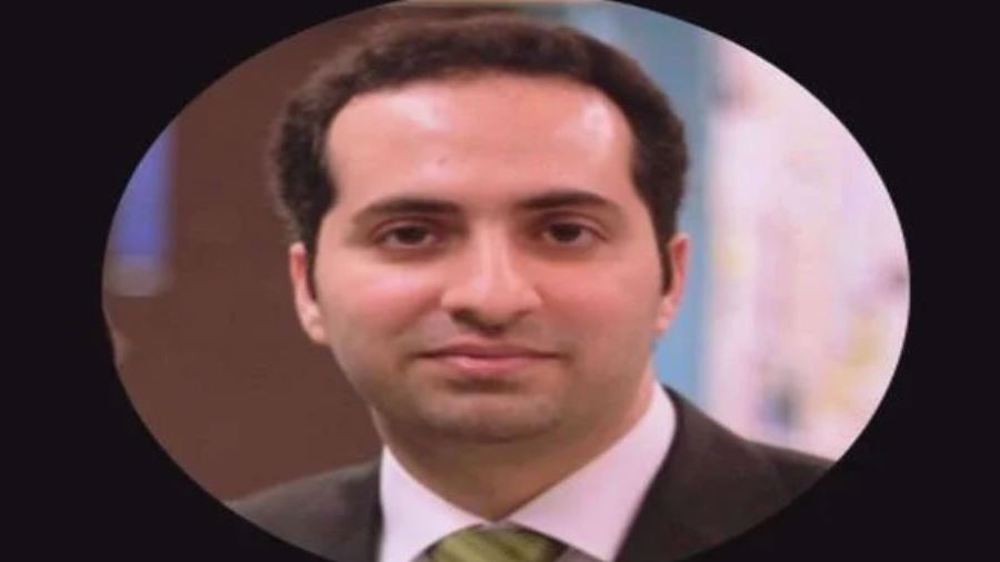IAEA duty-bound to help Iran nuclear progress: Rouhani
Iran’s President Hassan Rouhani says the UN nuclear agency is duty-bound to support the Islamic Republic’s measures to expand its peaceful nuclear technology.
Rouhani made the remarks in a meeting with Director General of the International Atomic Energy Agency (IAEA) Yukiya Amano in Tehran on Monday as part of his first visit after the beginning of the implementation of a landmark nuclear agreement between Iran and the P5+1 group of countries, dubbed the Joint Comprehensive Plan of Action (JCPOA), reached last July.
“As a committed member of the IAEA, the Islamic Republic of Iran expects to be an active member in the international scene in the peaceful and modern technologies of the nuclear industry and [expects] the agency to support such presence,” Rouhani said.
“The IAEA along with the duty of monitoring and supervising activities, should also fulfill its other duties and legal responsibilities, particularly in the field of transferring advanced peaceful nuclear technology and treat its members equally in such sectors,” the Iranian president added.
He added that the settlement of issues pertaining to Iran’s nuclear program is among important examples in the history of modern diplomacy.
The president said Iran would continue its cooperation with the IAEA and reaffirmed Tehran’s commitment to its obligations under the JCPOA as long as the P5+1 countries honor their part of the agreement.
On Saturday, Iran and the five permanent members of the UN Security Council – the United States, Britain, France, Russia and China – plus Germany started to implement the nuclear agreement that they reached in the Austrian capital, Vienna, on July 14, 2015.
After the JCPOA went into effect, all nuclear-related sanctions imposed on Iran by the European Union, the United Nations Security Council and the United States were lifted. Iran in return has put some limitations on its nuclear activities.
The JCPOA was signed following two and a half years of intensive talks between Iran and the P5+1.
'IAEA impartial, apolitical on JCPOA'
The IAEA chief, for his part, hailed the implementation of the JCPOA as an important event and said the agency is committed to pursuing a legal, impartial and apolitical approach on the agreement’s execution.
Amano expressed the IAEA’s willingness to boost its cooperation with Iran in a bid to further build confidence.
He said the IAEA is responsible for helping the development of peaceful nuclear technologies and the transfer of modern technologies from developed countries to developing states.
Iran and the six global powers started putting into effect the JCPOA on the same day that the IAEA chief said the Islamic Republic had taken the “necessary preparatory steps to start the implementation of” the nuclear agreement.
‘Abhorrent’: Oxfam says only 12 trucks delivered aid in North Gaza since Oct.
VIDEO | Leader receives religious eulogists on Hazrat Fatima birth anniv.
Pope Francis slams Israel’s ‘machine-gunning’ of Gaza children
US hostage-taking of Iranian nationals violation of intl. law: Deputy FM
VIDEO | Carol Singers for Palestine on London’s Parliament Square
Ansarullah says ‘Israeli terrorists’ incapable of confronting Yemen, warns of secret weapons
VIDEO | Yemenis praise the military for its successful operations against Israel
VIDEO | Israel continues to bomb Gaza homes










 This makes it easy to access the Press TV website
This makes it easy to access the Press TV website